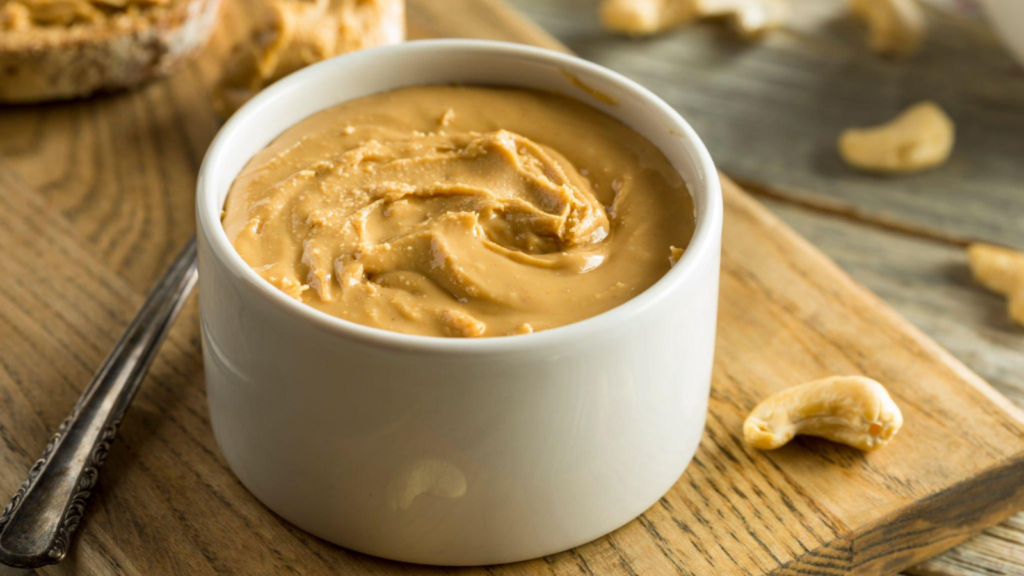Understanding whether chicken sausage is healthy involves dissecting its ingredients, nutritional value, and how it fits into a balanced diet. In recent years, chicken sausage has emerged as a popular alternative to traditional pork or beef sausages. But is chicken sausage healthy? Let’s dive deeper into this topic, exploring its benefits and potential drawbacks while also considering practical, real-life applications and decisions.
The Rise of Chicken Sausage
Chicken sausage has gained popularity, particularly among health-conscious consumers. It’s often perceived as a lighter, healthier alternative to traditional sausages, with lower fat and calorie content. But does it live up to the reputation?
Why Choose Chicken Sausage?
- Lower in Fat: Chicken sausage typically contains less saturated fat compared to pork or beef sausages.
- High Protein Content: Chicken is a great source of lean protein, making chicken sausage a suitable option for muscle maintenance and repair.
- Versatility: It can be used in various dishes, from breakfast to dinner.
Nutritional Profile of Chicken Sausage
To understand if chicken sausage is healthy, let’s compare its nutritional values to traditional sausages. Below is a comparison table to illustrate these differences.
| Nutrient | Chicken Sausage (100g) | Pork Sausage (100g) | Beef Sausage (100g) |
|---|---|---|---|
| Calories | 150 | 300 | 280 |
| Protein (g) | 20 | 12 | 15 |
| Total Fat (g) | 7 | 25 | 22 |
| Saturated Fat (g) | 2 | 9 | 8 |
| Sodium (mg) | 400 | 800 | 600 |
From this table, we can see that chicken sausage is lower in calories and saturated fats, making it a favorable option for many diets.
Health Benefits of Chicken Sausage
1. Lean Protein Source: Chicken sausage offers a significant amount of protein with fewer calories. Protein is essential for growth, muscle repair, and overall health.
2. Lower Sodium Options: Many brands offer low-sodium chicken sausage, which is beneficial for cardiovascular health. If you’re watching your sodium intake, look for these variants.
3. Rich in Vitamins and Minerals: Chicken is a good source of essential nutrients such as:
- B Vitamins: Important for energy metabolism.
- Phosphorus: Vital for bone health.
- Selenium: An antioxidant that helps protect against damage from free radicals.
4. Supports Weight Management: Because chicken sausage is lower in fat, it can be an effective part of a weight management plan when consumed in moderation.
Potential Drawbacks
While chicken sausage can be part of a healthy diet, there are drawbacks to consider.
1. Processing Concerns: Processed meats, including chicken sausage, may contain preservatives and additives. Some of these can contribute to health issues when consumed excessively. Always opt for minimally processed options.
2. Sodium Levels: While some chicken sausages are low in sodium, many varieties can still be high in sodium. This can be a concern for individuals with hypertension or those looking to reduce salt intake.
3. Quality of Ingredients: Not all chicken sausages are created equal. Some may include fillers, artificial flavors, or high levels of sugar. Always read labels carefully.
Chicken Sausage vs. Other Meats
How Does Chicken Compare to Other Options?
When deciding if chicken sausage is healthy, consider it in the context of your entire diet. Here’s a quick comparison of chicken sausage against other protein sources:
| Food Item | Calories (100g) | Protein (g) | Fat (g) | Sodium (mg) |
|---|---|---|---|---|
| Chicken Sausage | 150 | 20 | 7 | 400 |
| Turkey Sausage | 135 | 18 | 5 | 350 |
| Pork Sausage | 300 | 12 | 25 | 800 |
| Beef Sausage | 280 | 15 | 22 | 600 |
| Tofu | 76 | 8 | 4 | 15 |
| Lentils | 116 | 9 | 0.4 | 5 |
Nutritional Benefits of Other Options
- Turkey and Tofu: Both are also lower in fat and provide substantial protein, making them healthy alternatives.
- Lentils: While they’re not a meat option, they’re high in protein and fiber and low in fat.
Practical Tips for Including Chicken Sausage in Your Diet
- Read Labels: Choose brands with simple ingredients and lower sodium levels.
- Pair Wisely: Combine chicken sausage with vegetables for a balanced meal.
- Portion Control: Stick to recommended serving sizes to avoid excess calorie intake.
- Cook Healthily: Opt for grilling, baking, or sautéing instead of frying to reduce added fats.
Real-Life Examples
To illustrate how chicken sausage can fit into a healthy lifestyle, consider the following meal ideas:
Breakfast
- Chicken Sausage Omelette: Whisk eggs with spinach and cherry tomatoes, adding sliced chicken sausage for protein.
- Breakfast Burrito: Wrap scrambled eggs, black beans, and chicken sausage in a whole-grain tortilla.
Lunch
- Grilled Chicken Sausage Salad: Toss mixed greens, cherry tomatoes, and cucumber with slices of grilled chicken sausage and a light vinaigrette.
- Sausage and Veggie Stir-Fry: Sauté chicken sausage with bell peppers, broccoli, and carrots for a colorful dish.
Dinner
- Pasta with Chicken Sausage: Mix cooked whole-grain pasta with sautéed chicken sausage and a homemade marinara sauce.
- Stuffed Peppers: Fill bell peppers with a mixture of quinoa, black beans, and chopped chicken sausage, then bake.
Is Chicken Sausage Good for Weight Loss
Chicken sausage can be a beneficial addition to a weight loss diet when consumed mindfully. With lower calories and fat compared to traditional pork or beef sausages, it provides a lean protein source that can help you feel full longer. Protein is essential for building and maintaining muscle, which is crucial during weight loss. Pairing chicken sausage with vegetables and whole grains can create a balanced meal that keeps hunger at bay. However, it’s important to watch for sodium and preservatives in processed varieties. Overall, opting for high-quality, minimally processed chicken sausage can support your weight loss goals effectively.
Are Chicken Sausages Processed Meat
Yes, chicken sausages are considered processed meat. Processing typically involves curing, smoking, or adding preservatives and flavorings to raw meat. While chicken sausage often contains leaner meat and fewer calories than traditional pork or beef sausages, the addition of sodium, fillers, and preservatives can still categorize it as processed. It’s important to distinguish between types of chicken sausages, as some brands offer minimally processed varieties with simple ingredients. When choosing chicken sausage, look for options labeled as “natural” or “organic,” which may have fewer additives, making them a healthier choice within the processed meat category.
Conclusion: Is Chicken Sausage Healthy?
In summary, chicken sausage can be a healthy choice when selected wisely and consumed as part of a balanced diet. Its lower fat and calorie counts, along with its high protein content, make it an appealing option for many people. However, it is crucial to be cautious of the ingredients and sodium levels.
By incorporating chicken sausage thoughtfully into your meals—balanced with vegetables and other whole foods—you can enjoy the taste and texture it brings without compromising your health. Always keep your overall dietary patterns in mind, and make informed choices that best suit your lifestyle.
Whether you’re enjoying a savory breakfast or a delightful dinner, chicken sausage can be a delicious and healthy part of your culinary repertoire.


